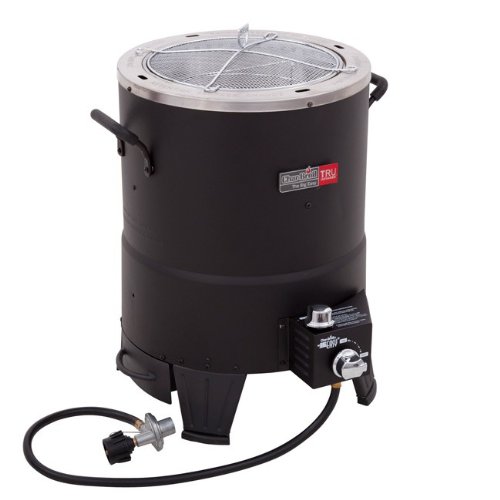Meadbh
Give me a museum and I'll fill it. (Picasso) Give me a forum ...
- Joined
- Jul 22, 2006
- Messages
- 11,401
Thanks everyone for the many suggestions and recommendations. Now I have an idea on where I need to start focusing my attention.
This may sound odd, but how do you remember everything...like what "tweaks" you made to raise the taste level a notch, etc.?
omni
Before making a new recipe, I usually review several different versions and follow the one with the clearest instructions. For example, there are many videos that show how to knead pizza dough. I particularly like the one from Susan's Cooking School. My first efforts didn't rise very well, but at least they made a good base for the toppings. I researched the reason why the dough might not rise and decided I had probably killed the yeast by using water that was too hot! So I did a little controlled experiment with yeast and water at different temperatures and identified the best temperature range to get foamy yeast. The next pizza was much better. It's a continuous improvement cycle. I like to take photos of the results with my iPhone and store them in the cloud with comments. I don't use a notebook because I would never look at it. YMMV.
Last edited:




